Views: 32
Cassava Leaves and Their Health Benefits: Nutrient-Rich Power
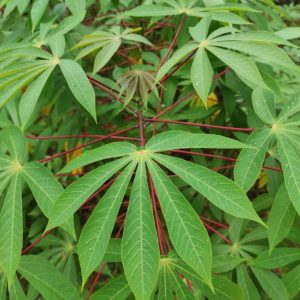
Cassava leaves, often overlooked compared to the starchy root, are a hidden superfood packed with nutrients and health-boosting properties. In many African and Asian countries, cassava leaves are a staple in traditional diets, cooked into delicious soups, stews, and sauces. Rich in protein, vitamins A, B, and C, iron, and essential amino acids, these green leaves provide more than just flavor—they support strong immunity, boost energy, and promote overall wellness. As more people search for natural remedies and nutrient-rich foods, cassava leaves are gaining global recognition for their powerful health benefits. In this blog, we’ll explore the nutritional value, medicinal uses, and unique ways cassava leaves can improve your health and lifestyle.
Cassava leaf’s of the Manihot esculenta cassava plant are a great source of vitamins, minerals, and protein. In certain nations, especially those in central Africa, they are a staple diet.
Although yuca or cassava roots are widely recognized as a food source, the plant’s leaves are also a rich source of nutrients, particularly protein.
Cassava leaves are more than just a common vegetable in many African homes — they’re a hidden powerhouse packed with nutrients that can support women during pregnancy. From boosting immunity to providing essential vitamins and minerals, cassava leaves offer surprising benefits that many expectant mothers overlook. In this guide, we explore 10 important uses of cassava leaf in pregnancy, backed by nutritional facts and traditional practices, to help you understand why this super-green is gaining attention among health-conscious moms in 2026.
High in Protein –About 3.7 grams of protein, which is fairly good for a green leafy vegetable, can be found in 100 grams of cooked cassava leaf’s. Additionally, the leaves contain various proteins that are similar to those found in soybeans and eggs. Additionally, cassava leaves are a great source of protein because they contain lysine, isoleucine, leucine, valine, and a lot of arginine—all of which are uncommon in green leafy plants. Up to ten times as much protein is present in cassava leaf’s as in the roots, and the leaves’ remarkable protein content is comparable to that of peanut and sweet potato leaves.
Carbs – Cassava leaves have roughly the same amount of carbohydrates as soy and snap beans.
Taste –Cassava leaves absorb any flavor you put on them because they don’t have much of their own. Therefore, adding meats, spices, and other vegetables improves the flavor. An essential ingredient in some African cuisine is cassava leaf.
Low in Calories –Cooked cassava leave is nearly fat-free and only contain 37 calories per 100 grams, making them an excellent choice for weight loss.
Fiber –The high fiber content of cassava leaves encourages the growth of probiotic bacteria, which strengthens immunity. Fiber helps people who are constipated. Cassava leafs have about the same amount of fiber as beans and lentils. Fantastic!
Vitamins – Cassava leave have about the same number of vitamins as carrots, which are excellent for preserving excellent health.
Contains – Vitamin C, a potent antioxidant found in cassava leave, can help prevent cancer, strokes, and cardiovascular disease. B vitamins are also necessary for a healthy metabolism, vitality, and mood. Beta-carotene is a potent antioxidant that guards against cancer and fixes damage to DNA. Iron and copper for anemia, zinc for a robust immune system, magnesium and manganese for strong bones and enzyme synthesis, potassium for cardiovascular health and water regulation, and phosphorus and calcium for strong bones.
Minerals – It’s fantastic that the mineral content of cassava leafs is on par with that of eggs and liver.
Growing –It grows almost anywhere with warm temperatures, good drainage, and sandy or loamy soil. Additionally, cassava can be grown in greenhouses and in pots on your patio.
Since cassava plants appear to be resistant to many pests, they can grow almost anywhere, even in the most challenging soil conditions. Simply take a piece of the plant’s stem and plant it in the ground; it will root and grow. It takes around 24 months for cassava roots to grow large and nutrient-dense, but the leaves are ready immediately.
Encourages overall wellness: As a nutrient-dense vegetable, cassava leafs support general health, vitality, and balanced nutrition during pregnancy.
Leaves Must Be Cooked – Toxic Hydrocyanic acid is abundant in cassava leaves and roots, but it disappears when cooked. and remember to throw away the water in which the leaves are boiling. The leaves of cassava or yuca must be cooked for twenty minutes or longer.
We also consume other foods, such as raw green potatoes, unprocessed cashews, and kidney beans, which are toxic when consumed raw. Don’t worry, the acids in cassava leaves are eliminated during cooking.
by kingkentus

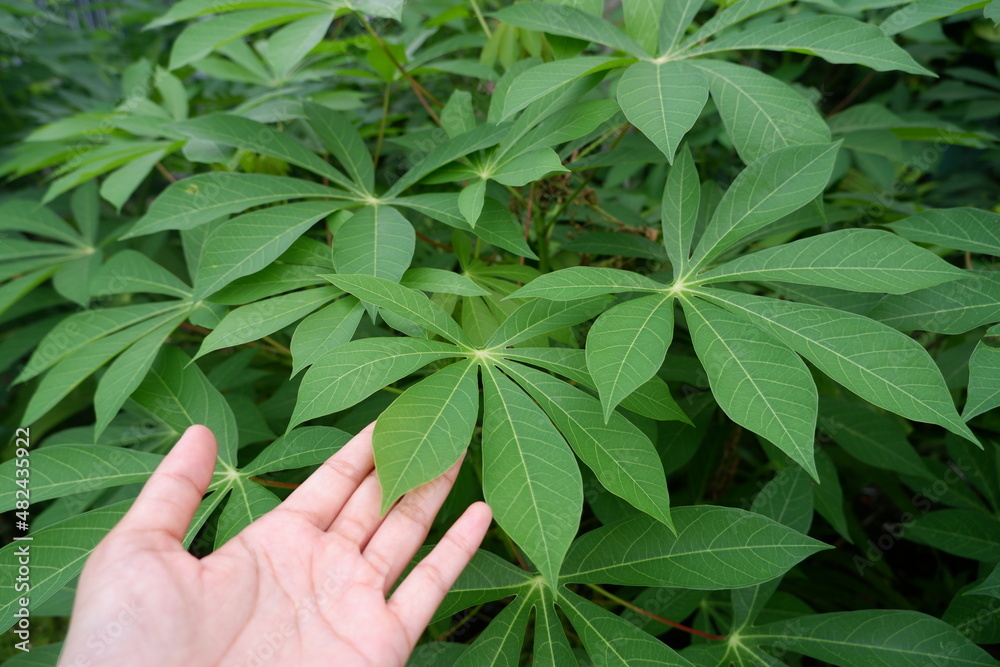
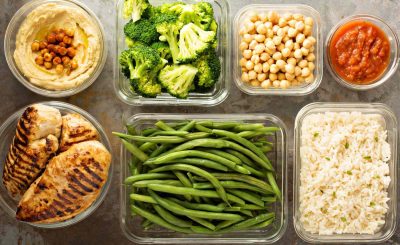
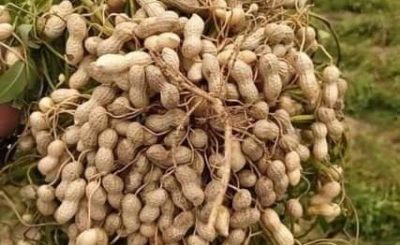
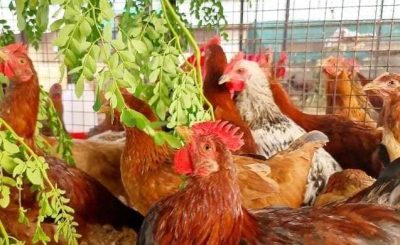
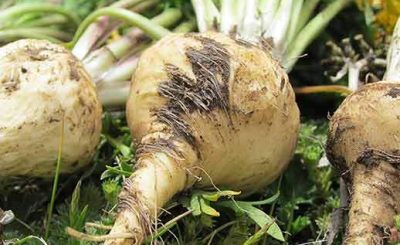
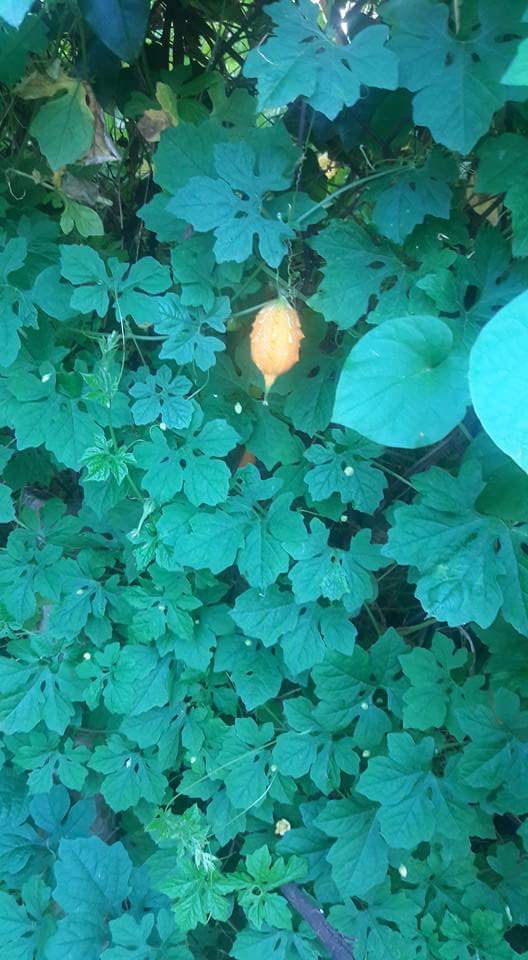
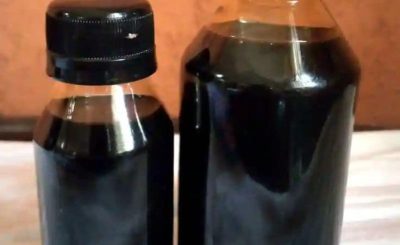
You must be logged in to post a comment.